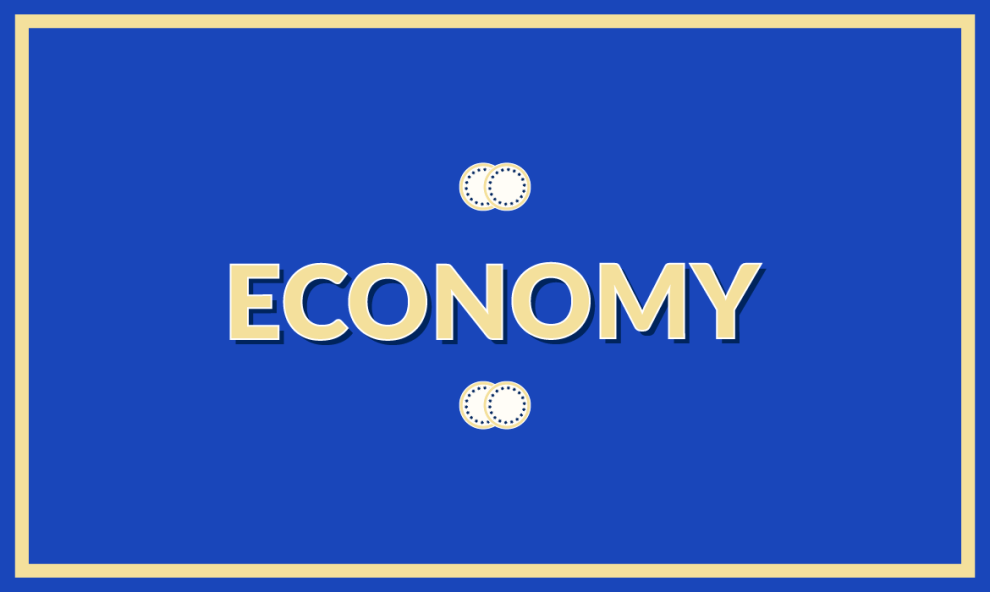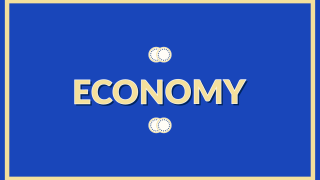The first quarter of 2014 has not changed the dismal tendency of 2013’s poor economic growth. Most of the financial institutions have downplayed their economic expectations for this year and all of them range around 2.5 percent. Last year, it was considered that the main factor behind the lackluster 1.06% GDP growth was the late expenditures undertaken by the government. Now, as a result of the 2013 Miscellaneous Fiscal Resolution, the Secretariat of Finance has allocated several resources to government bodies. Nevertheless, the aforementioned policy has not resulted in an accelerated growth. According to Miguel Messmacher, Deputy Finance Minister for Revenue, government bodies have largely increased their expenditure during the first two months of 2014, compared to the same period in the previous year: for instance, the Secretariat of Energy augmented by 495 percent, the Secretariat of Communications and Transportation, 308 percent; the Secretariat of Agriculture, 198.5 percent; the Secretariat of Tourism, 152.6 percent; the Secretariat of Economy, 123.3 percent. The other outlook is that these regressive fiscal policies approved in 2013 have affected both consumers and companies alike, and have set back the potential positive effect of increasing public expenditure. It is also possible that there is a reluctance to invest in the face of uncertainty with the allocation of resources.
The idea of public expenditure as a way to put Mexican economy back on track has not had an impact this year because its financing (whenever it is not public debt) comes from collecting more taxes from responsible taxpayers and, most importantly from consumers of basic goods such as sweets and soft drinks, which are products that are more expensive nowadays. An increased tax collection during moments of economic weakness is a recessive measure that strongly affected both individual consumption – which barely recovered in March but it is still lower than where it was in 2013 – as well as business investment (dropping to 0.6 percent in January). As a result, a crowding out effect has ensued.
The federal government has put an emphasis on growing with the implementation of several reforms. However, this is a medium and short-term strategy and the secondary legislation of the aforementioned reforms is still a pending issue in Congress. As of now and given the unfolding of matters such as competition and telecommunications, the affected interest groups have used their powers and have successfully “toned down” the scope of some of these Constitutional modifications with their very own secondary legislation. As if this wasn’t enough, none of these reforms tackles two fundamental issues that will damage their true potential: the absence of the rule of law and the part of the economy that operates in the shadows, in other words, informality.
One of the main causes of the economic stagnation in the country has been the incapacity of several administrations to implement the rule of law, a situation that damages the judiciary certainty that is needed for investments. A clear example of this situation occurs in the energy sector, where Mexico does not have a security framework for strategic investments (something that companies are currently facing in states such as Tamaulipas). At the same time, informality – and its consequent decaying productivity – is another factor that is hindering Mexican growth. The government aims to tackle it from a social perspective, overlooking the cost of having two different economies (one that is formal and productive and other one that is informal and unproductive) influencing growth expectations.
The poor economic growth is currently a major issue faced by PRI with 2015 mid-term elections just a year away. Although the results of these elections will ultimately depend whether opposition parties manage to present themselves as competitive forces as well as leaving their multiple problems behind, the truth is that neither the Secretariat of Finance nor the Peña administration have much room for error.
CIDAC






Comments